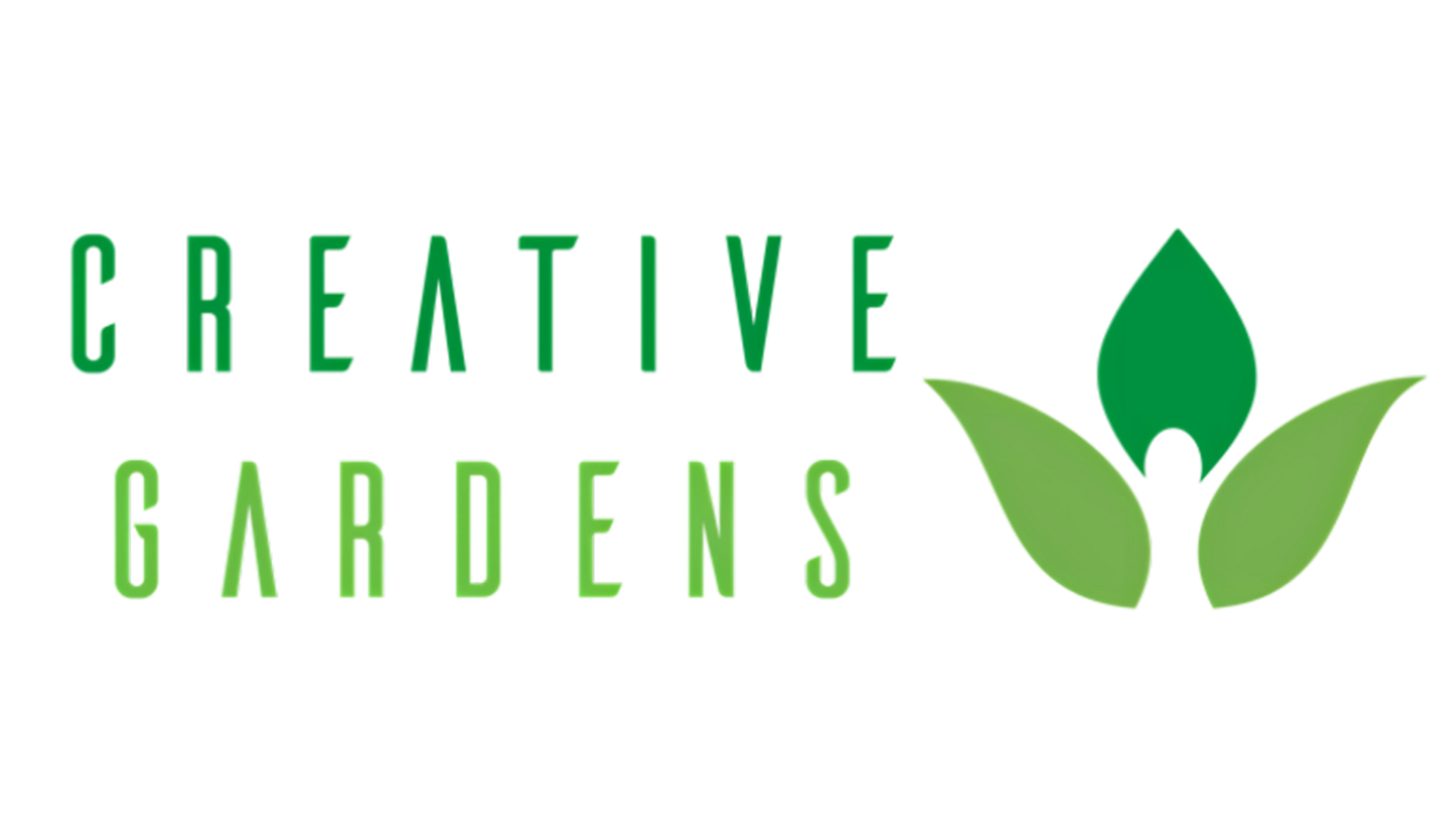The Future Is Formative.
No longer does test assessment tell the true story of a learner’s competency.
As the field of early childhood education continues to evolve, so does the approach to assessment. For many years, the traditional method of evaluating student progress has been through summative tests. These evaluations occur at the end of a unit or semester and are used to determine grades and measure overall understanding. However, research has shown that this type of assessment is not always the most effective way to monitor student learning and growth.
In recent years, the importance of formative assessment has become more widely recognized. Formative assessment is a continuous process that occurs throughout the learning process. It provides teachers with real-time feedback on student understanding, allowing them to make adjustments to instruction and support student learning in a more targeted and effective way.
One philosophy that has always emphasized the importance of formative assessment is the Reggio Emilia approach. In this approach, documentation of learning is a crucial component. Teachers use photographs, videos, and written observations to document student learning and progress. This documentation allows teachers to reflect on the learning process and make informed decisions about future instruction.
One of the key benefits of formative assessment is that it helps teachers understand where students are in their learning journey. This information can then be used to plan more effective instruction, support students where they need it, and engage students in activities that are both challenging and meaningful.
Additionally, formative assessment helps to build a positive classroom culture. When students see that assessment is a continuous and ongoing process, they feel more comfortable with making mistakes and taking risks. They also develop a sense of ownership over their own learning, as they are given regular opportunities to reflect and adjust their understanding.
In conclusion, formative assessment is an essential component of effective early childhood education. By providing teachers with real-time feedback on student learning, it enables them to make informed decisions about instruction and support student progress. The Reggio Emilia approach, with its emphasis on documentation of learning, serves as a model for how formative assessment can be integrated into early childhood education. So let's embrace formative assessment and move away from the traditional, test-based approach.
